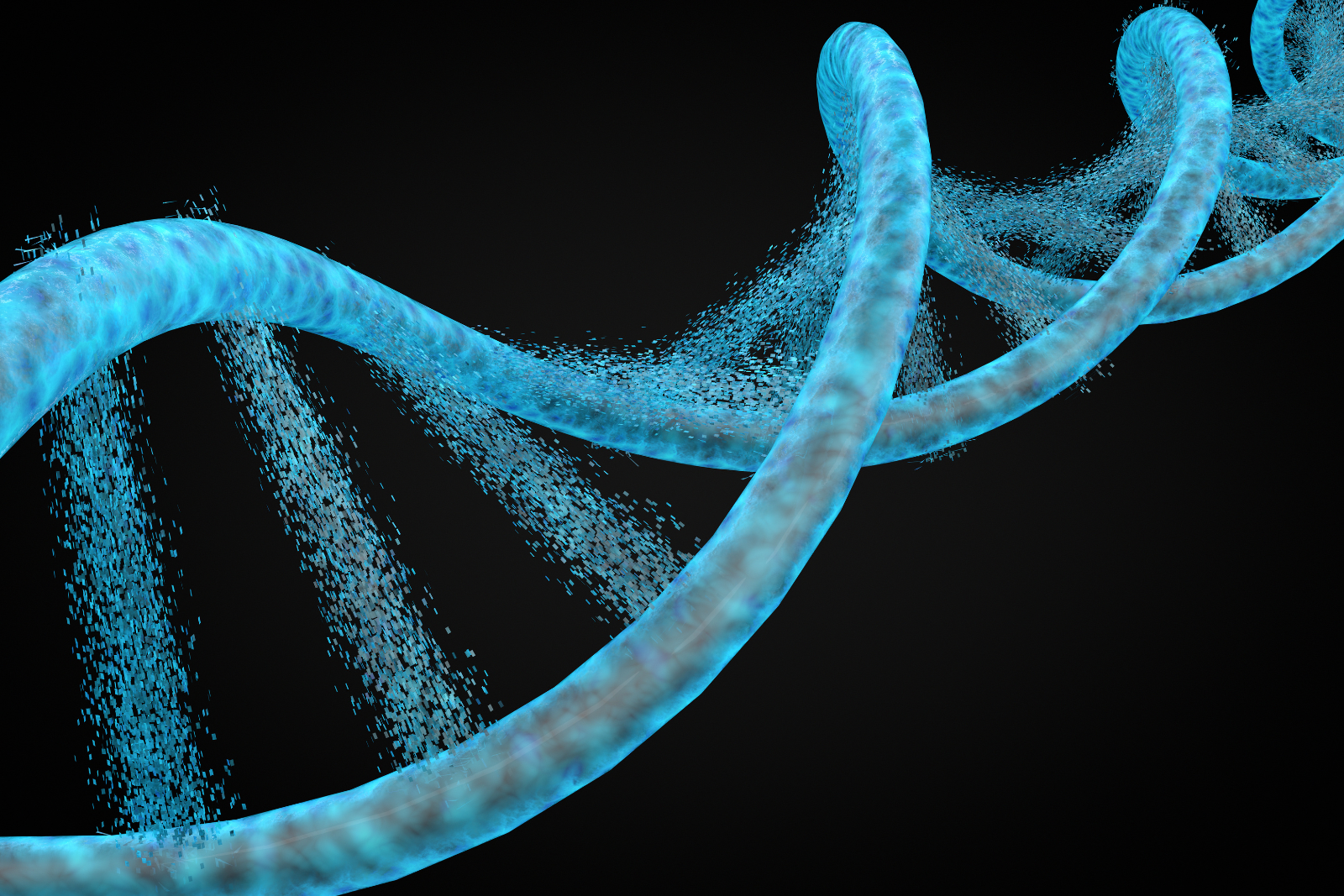Body odor happens when sweat meets the bacteria living on our skin. Sweat itself is nearly odorless until microbes — especially Corynebacterium and Staphylococcus — break it down into volatile compounds like sulfur molecules, short-chain fatty acids, and ammonia (Harvard Health, 2023).
For most people, the strength and type of odor depends on three main factors: genes, the unique mix of bacteria on their skin, and what they eat. A lucky few have a combination that produces little or no scent — and recent research is revealing exactly why.
Foods That Can Worsen Body Odor
Some foods change sweat chemistry, making it easier for odor-producing bacteria to thrive:
- Sulfur-rich foods: garlic, onions, broccoli, cabbage
- Red meat: harder to digest; may increase odor-causing compounds
- Spices: curry, cumin, fenugreek
- Dairy: can cause odor in lactose-sensitive individuals
- Processed foods, alcohol, caffeine, high-sugar diets: can disrupt the gut/skin microbiome
NY Post)
A 2024 randomized crossover study by Sekine et al. (“Suppression of Allyl Methyl Sulfide Emission After Garlic Intake Using Polyphenol-Rich Supplement,” Journal of Nutritional Science, 2024) found that a polyphenol-rich supplement taken after a garlic-heavy meal significantly reduced skin emissions of allyl methyl sulfide — the compound responsible for garlic’s lingering odor.
Why You Can Rely on Tag News
Our mission is to create a louder voice for those seeking trustworthy, reliable health information. We collaborate with experts to ensure every article is grounded in science and backed by research—not trends or hype. Your subscription will help support our work and access expert-reviewed content designed to help you make informed decisions.
Subscribe to Tag →Why Some People Don’t Smell
1. Genetics (ABCC11 gene)
One of the most important odor-related genes is ABCC11. A specific variant (c.538G→A) changes the composition of apocrine sweat so it lacks the odor precursors bacteria feed on. People with two copies of this variant — common in East Asian populations — produce little to no underarm odor (PubMed).
A 2025 genomic-microbiome mapping study by Liang et al. (“Host Genotype Shapes Axillary Microbiota and Odor-Forming Potential,” Scientific Reports, 2025) confirmed that individuals with the “low-odor” ABCC11 variant also tend to have underarm bacteria lacking the genes for key odor-producing enzymes, further reducing scent.
2. Skin Microbiome
Your underarm microbiome — the community of bacteria living on your skin — is just as influential as your genes. High-odor individuals typically host more Corynebacterium and Staphylococcus hominis, bacteria that break down sweat into potent thioalcohols. People who naturally smell less tend to have fewer of these species or a greater proportion of benign strains (Cleveland Clinic, 2023).
In a 2024 metagenomic analysis, Nguyen et al. (“Metagenomic Insights Into Axillary Odor Production and Microbial Enzyme Profiles,” Communications Biology, 2024) found that low-odor individuals lacked the bacterial enzyme pathway Cys–glycine β-lyase, which produces the most pungent sulfur compounds in sweat.
3. Sweat Type
Humans have two main sweat glands:
- Eccrine glands produce watery sweat, which is less prone to odor.
- Apocrine glands produce oily sweat, which bacteria easily metabolize.
People with proportionally more eccrine output generally smell less (Mayo Clinic, 2024).
4. Metabolism and Gut Health
Some individuals break down odor-causing compounds more efficiently in the liver or gut, meaning less is excreted through the skin. Conditions like trimethylaminuria (TMAU) — where the body can’t metabolize trimethylamine from certain foods — are extreme examples, causing a strong fishy odor.
Managing Persistent Odor
Evidence-backed strategies include (Mayo Clinic, 2024; Cleveland Clinic, 2023):
- Antibacterial washes (benzoyl peroxide, chlorhexidine)
- Topical antibiotics under medical guidance
- Wearing breathable natural fabrics
- Improving gut health with fiber and fermented foods
- Staying hydrated and managing stress
- Prescription-strength antiperspirants, Botox, or laser hair removal for severe cases
A 2024 clinical trial by van Rensburg et al. (“Topical Probiotic Application Alters Axillary Microbiome and Reduces Malodor,” Skin Research & Technology, 2024) showed that applying Lactobacillus topically to the armpits for two weeks significantly reduced odor-causing Corynebacterium populations and downregulated bacterial genes linked to malodor — without harming beneficial microbes.
When Less Really Is More
Genetics may set the baseline for how much (or little) you smell, but diet, microbes, and lifestyle fill in the rest of the picture. Recent studies show that some people are naturally low-odor because their sweat chemistry doesn’t feed odor-producing bacteria — and because their skin’s microbial community simply isn’t equipped to make the strongest smells. For the rest of us, the right mix of dietary awareness, microbiome care, and targeted hygiene can tip the balance toward freshness.



